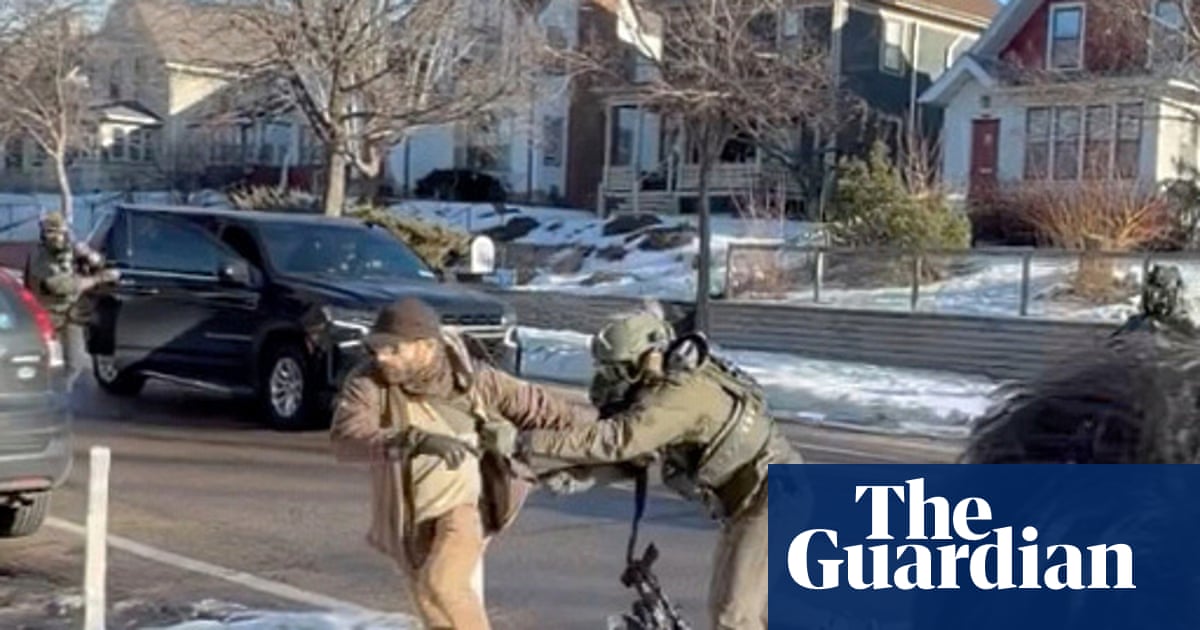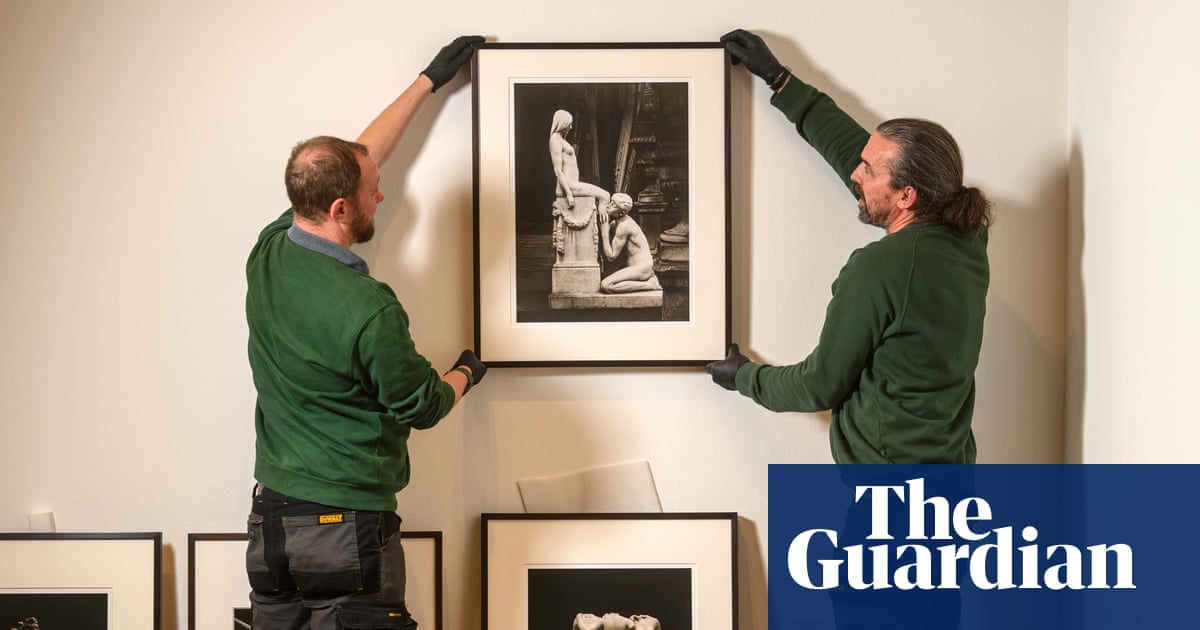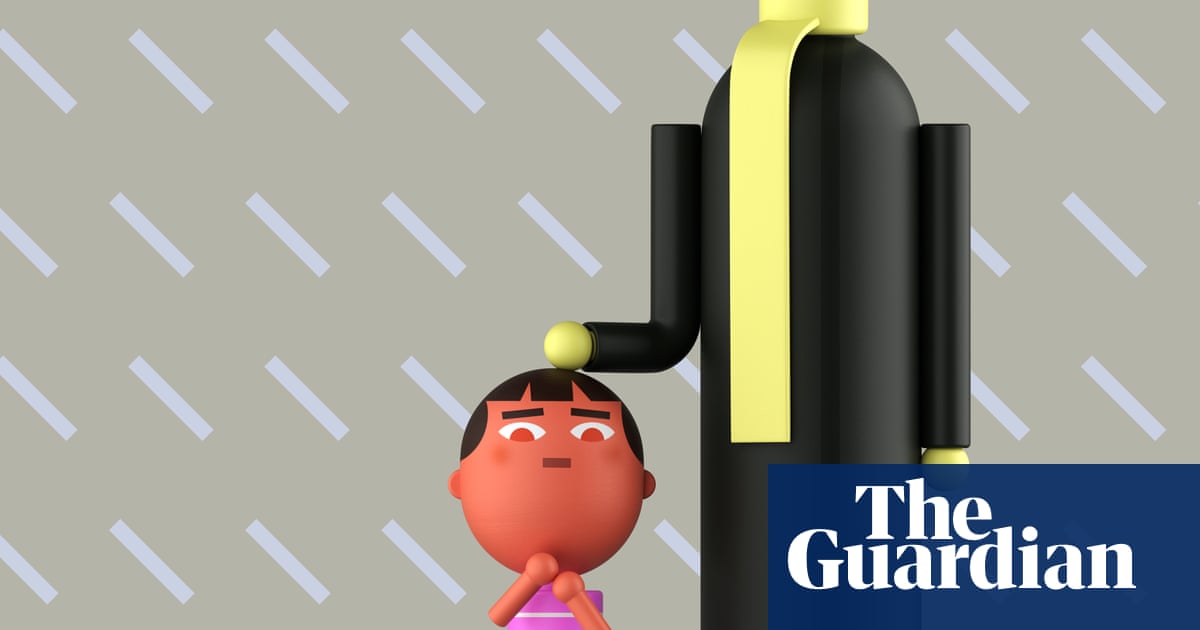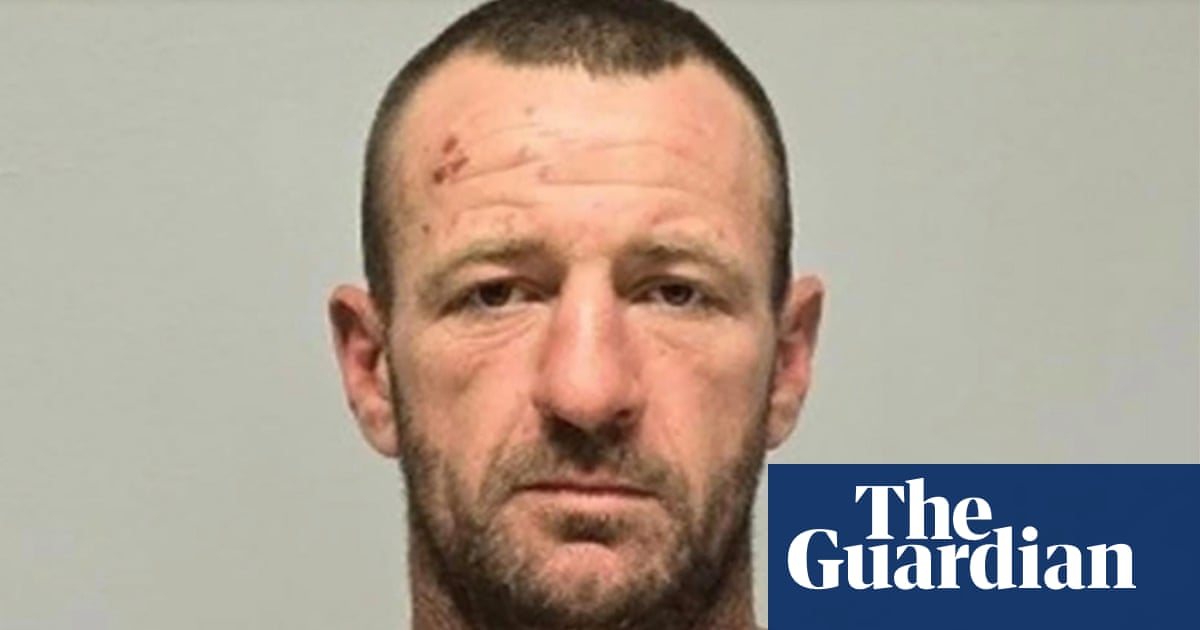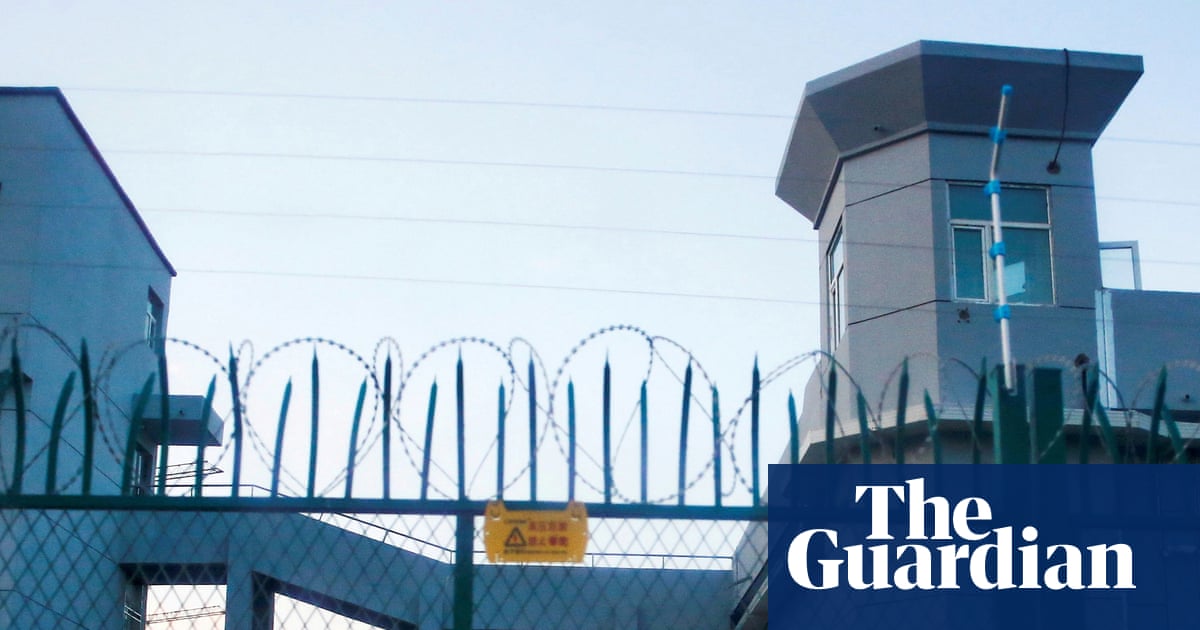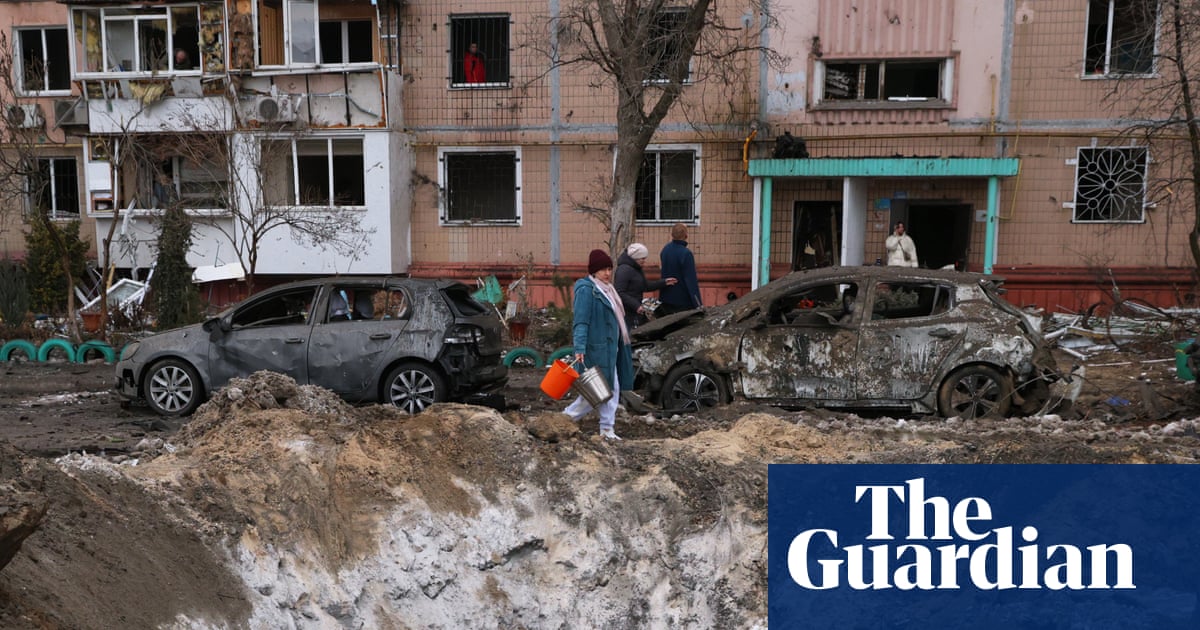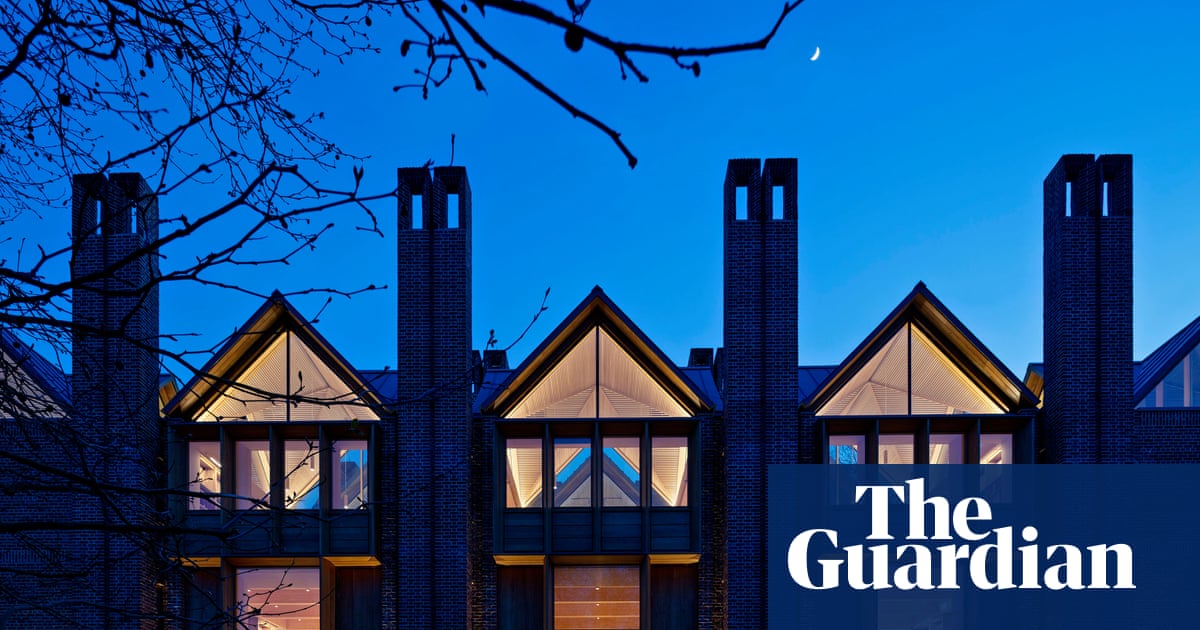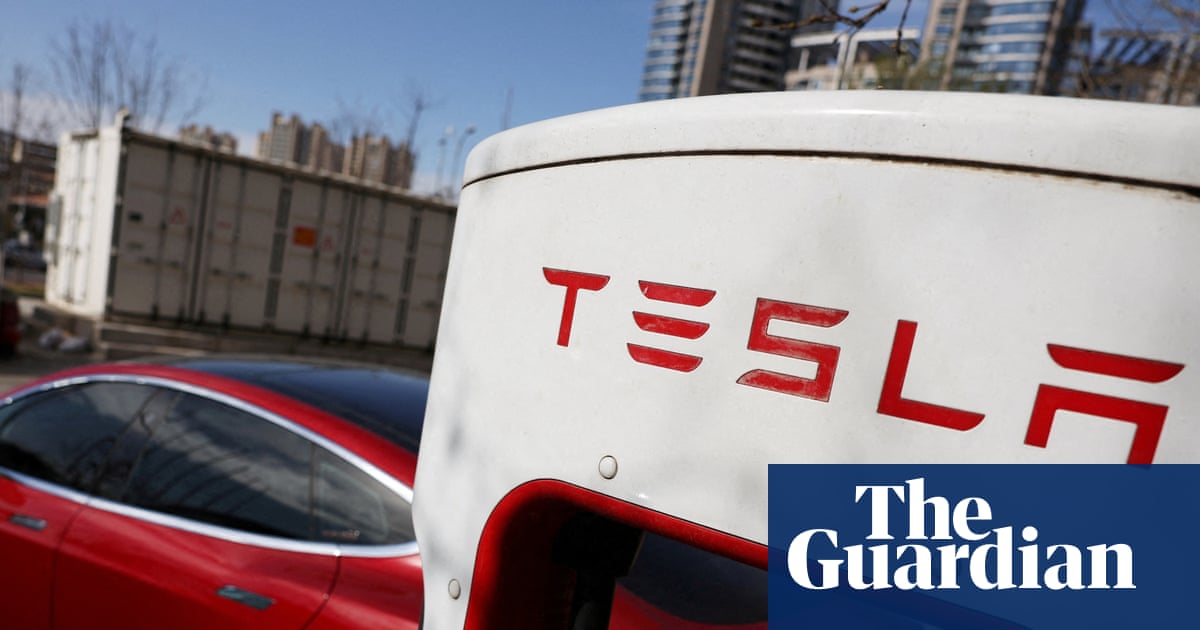Tens of thousands of Serbians have gathered to commemorate victims of a fatal railway station collapse a year ago, a tragedy that galvanised anti-government sentiment that still threatens the embattled president, Aleksandar Vučić.
A student-led movement organised the rallies in the country’s second largest city, Novi Sad, where on 1 November 2024, the canopy at the newly renovated railway station collapsed.
Saturday’s commemorative rally started at 11:52am, the exact time when the roof fell, with 16 minutes of silence observed for the 16 people who died. People placed flowers and candles along temporary fencing near the damaged station entrance, as thousands more packed into the square.
The disaster inspired Serbia’s largest youth-led movement since the fall of Slobodan Milošević, a hardline leader who died in 2006 of a heart attack while he was being tried on 66 counts of crimes against humanity, including genocide.
Protesters had initially demanded a transparent investigation into the disaster, but their calls soon escalated into criticism of corruption and nepotism, as well as calls for early parliamentary elections, which are due in 2027.
Many arrived to Novi Sad by bus or car, but in a gesture of continued protest, others marched from Novi Pazar, about 340km (211 miles) south of the capital. It took them a symbolic 16 days to finish the march.
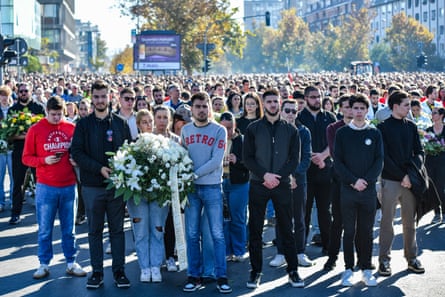
The people of Novi Sad took to the streets to greet the marchers, blowing whistles and waving flags. “I came to bow to the strongest force in the world right now – our students, our youth,” said one Novi Sad resident, Ratko Popovic.
The protests have yielded results, including the resignation in January of the former prime minister Miloš Vučević.
Vučić has remained defiant and branded demonstrators as western-backed “terrorists”. However, Saturday’s gathering may have shaken him. In a televised public address on Friday, the president made a rare apology for his harsh rhetoric.
“I have said some things that I am now sorry for saying,” Vučić said in a TV address that called for dialogue. “All that hatred boiling in our society cannot bring any good. It can only lead to further destruction.”
The government has declared Saturday a day of national mourning.
Serbia is seeking to join the EU, but Vučić’s crackdown, as well as his close relations with Russia and China, have spooked Brussels.
The EU’s commissioner for enlargement, Marta Kos, said on X that the canopy tragedy “is changing Serbia”.
“It moved masses to stand for accountability, free expression and inclusive democracy,” Kos said. “They are the same values to lead Serbia into the EU.”
The anti-government protests have remained largely peaceful, although in August, they turned violent with allegations of police brutality and excessive use of force.
In September, 13 people, including the former construction minister Goran Vesić were charged in a criminal case over the disaster. A separate anti-corruption inquiry continues alongside an EU-backed investigation into the possible misuse of EU funds in the project.
Agence France-Presse contributed to this report

 2 months ago
63
2 months ago
63
